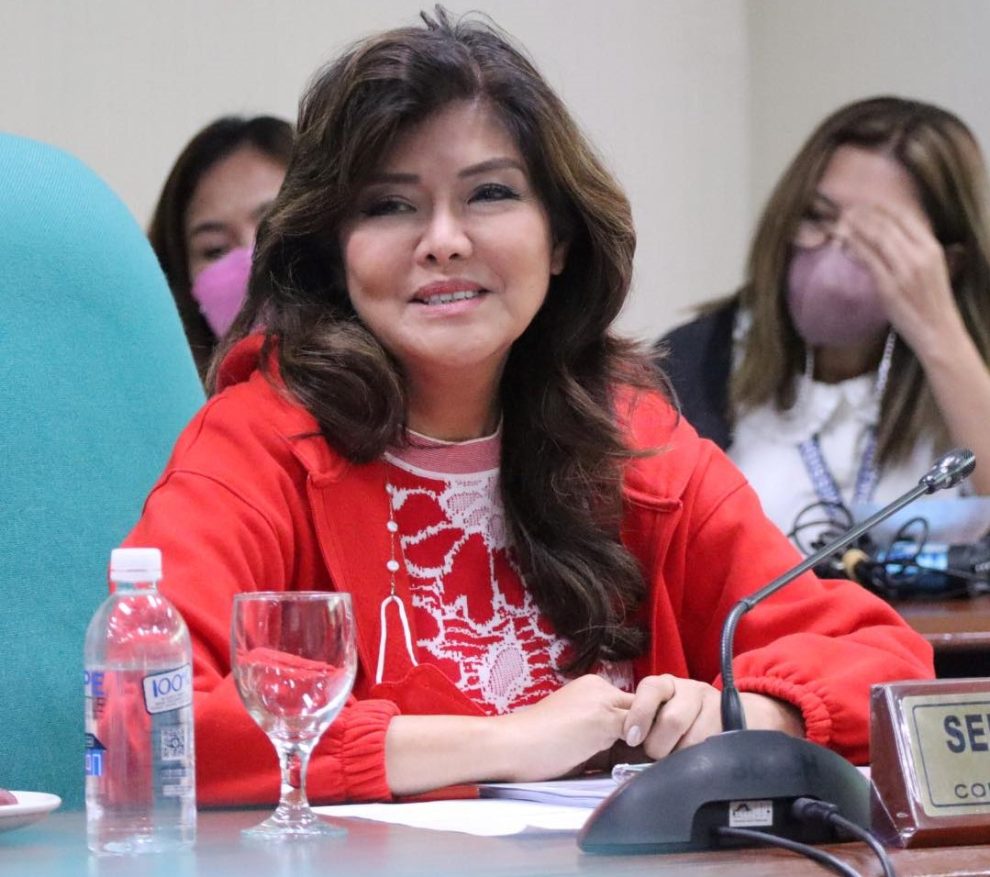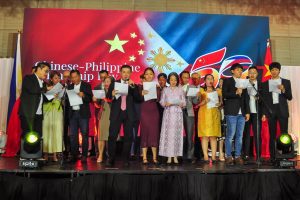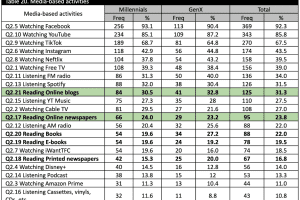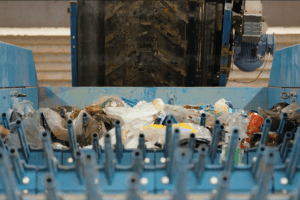Senator Imee Marcos said that completing an evacuation plan for Filipino migrant workers in Taiwan should precede any U.S. relocation of Afghan refugees to the Philippines.
Marcos, who chairs the Senate Committee on Foreign Relations, said the evacuation plan should be the immediate goal of humanitarian and disaster response efforts with the United States under the Enhanced Defense Cooperation Agreement.
“The U.S. is preparing an evacuation plan for its citizens in Taiwan, and so is Indonesia for its 350,000 migrant workers,” she noted. “Will we be ready or reactive?”
Despite the assurance of the Department of Foreign Affairs last April, Marcos doubts that a comprehensive evacuation plan is already in place for some 150,000 Filipino domestic workers, caregivers, factory employees, and fishermen in Taiwan should China move to occupy what it considers its renegade province.
“No details, no drills. Military exercises have focused on retaliation, not rescue,” the senator said.
“We need answers to how OFWs will assemble amid a widespread scramble to leave. What flight or shipping routes will give them safe passage through a military blockade? What transport will be used, where will they dock, and how often will they fetch Filipino evacuees so that everyone gets out as quickly as possible unharmed?” she asked.
Marcos said the U.S. plan to relocate Afghan refugees to third countries like the Philippines should be “a secondary concern for us.”
“The U.S. is rushing to ease its backlog of more than 70,000 Afghans seeking special immigrant status since August 2021, when American troops withdrew from Afghanistan as the Taliban took over,” she explained.
Come August this year, the expiry of a two-year humanitarian parole that allows Afghan refugees to reside and work in the U.S. could complicate the situation if the U.S. Congress fails to act.
“With time constraints to process a myriad of special visas, the vetting of refugees may become less thorough and pose security risks for third countries,” Marcos warned. “Many of them have no documents to prove their work relationship with the U.S. government or companies, particularly spies for the military.”
The senator also said that giving refugees a decent life will require employment and allocating resources such as food, water, and electricity, which may be subject to local shortages.












